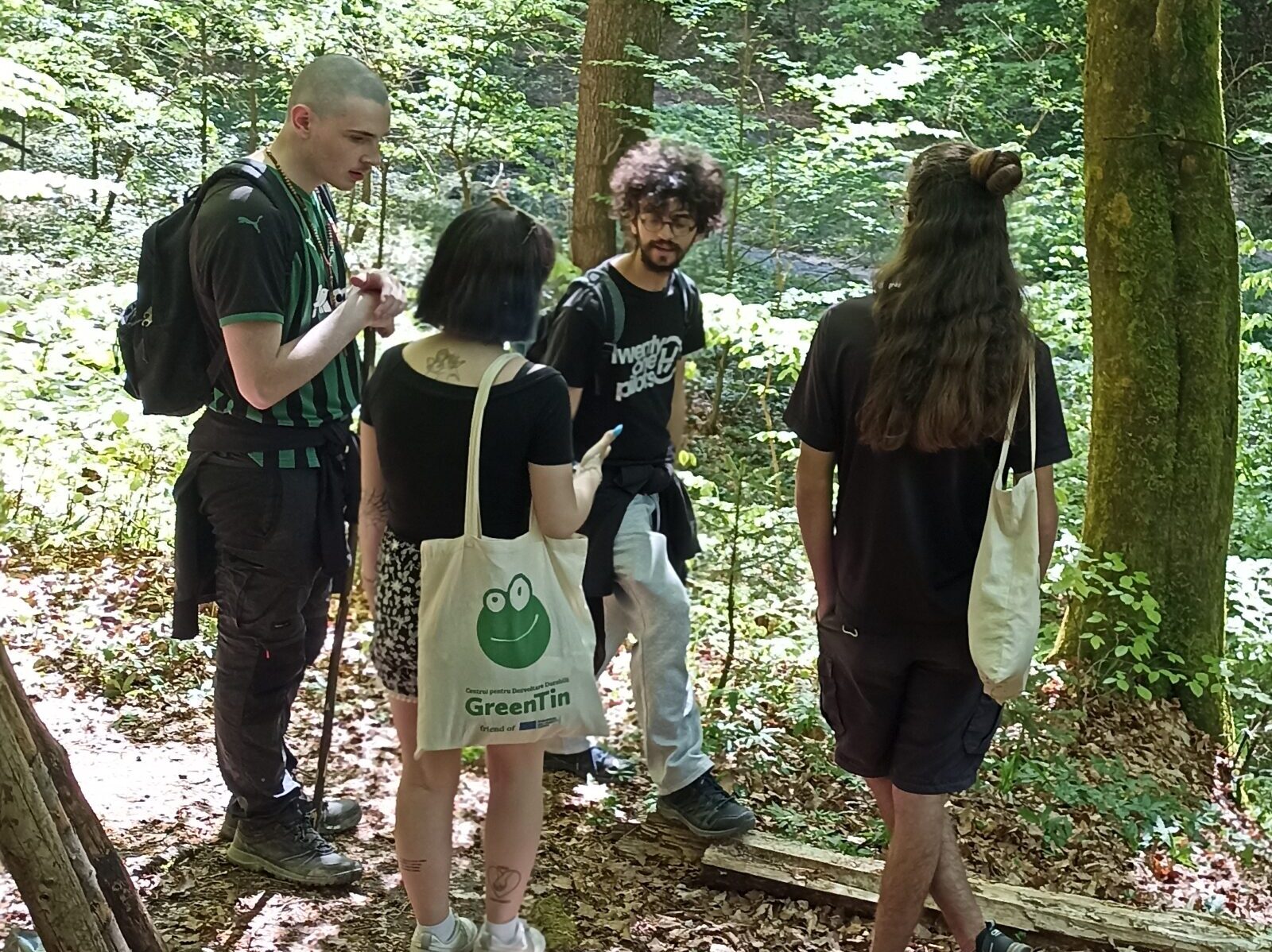
Navigating the Challenges of Volunteering in a Foreign Country
Volunteering in a foreign country is an enriching and transformative experience that allows individuals to make a positive impact while immersing themselves in a new culture. However, it also comes with its own set of challenges. Understanding and addressing these challenges is crucial for international volunteers to ensure a successful and fulfilling experience. In this article, we explore some common challenges faced by volunteers in foreign countries and provide practical tips to navigate them effectively.
Language and Communication Barriers:
One of the primary challenges faced by international volunteers is the language barrier. Communicating effectively with locals, fellow volunteers, and project coordinators can be daunting, especially in countries where English may not be widely spoken. To overcome this challenge, it is beneficial to learn basic phrases and greetings in the local language before arriving. Additionally, enrolling in language classes or utilizing language-learning apps can enhance communication and facilitate meaningful interactions.
Cultural Adaptation:
Adapting to a new culture and social norms can  be both exciting and challenging. Each country has its unique customs, traditions, and ways of conducting daily life. International volunteers may experience culture shock and find it difficult to adjust initially. To ease this transition, it is advisable to immerse oneself in the local culture, be open-minded, and embrace new experiences. Engaging with locals, participating in cultural activities, and seeking guidance from local volunteers can help navigate the cultural nuances more effectively.
be both exciting and challenging. Each country has its unique customs, traditions, and ways of conducting daily life. International volunteers may experience culture shock and find it difficult to adjust initially. To ease this transition, it is advisable to immerse oneself in the local culture, be open-minded, and embrace new experiences. Engaging with locals, participating in cultural activities, and seeking guidance from local volunteers can help navigate the cultural nuances more effectively.
It is crucial to maintain a flexible mindset, adapt to changing circumstances, and focus on making a meaningful impact within the given constraints. Understanding that even small contributions can create significant change helps manage expectations effectively.
Logistics and Practical Considerations:
Volunteering in a foreign country requires careful planning and consideration of logistics. Obtaining the necessary visas, understanding local laws and regulations, arranging accommodation and transportation, and managing finances can be overwhelming. Thorough research, seeking guidance from volunteer organizations, and connecting with former volunteers can provide valuable insights and streamline the logistical aspects of volunteering abroad.
Homesickness and Emotional Well-being:
Being away from family, friends, and familiar surroundings can lead to feelings of homesickness and emotional challenges. International volunteers need to prioritize self-care, maintain regular communication with loved ones back home, and build a support network within the volunteer community. Engaging in local activities, pursuing personal hobbies, and practicing mindfulness techniques can also contribute to overall well-being and combat homesickness.
Engaging in local activities, pursuing personal hobbies, and practicing mindfulness techniques can also contribute to overall well-being and combat homesickness.
Managing Expectations:
Volunteers often have high expectations and ambitious goals when embarking on their journey. However, the reality on the ground may not always align with these expectations. Limited resources, cultural differences, and unforeseen challenges can impact the scope of volunteer work. It is crucial to maintain a flexible mindset, adapt to changing circumstances, and focus on making a meaningful impact within the given constraints. Understanding that even small contributions can create significant change helps manage expectations effectively.
Volunteering in a foreign country presents a range of challenges, but with proper preparation, adaptability, and a positive mindset, these challenges can be overcome. Embracing cultural differences, learning the local language, and seeking support from the volunteer community is essential for a successful experience. By acknowledging and proactively addressing the challenges, international volunteers can make a lasting impact while gaining personal growth, cultural understanding, and cherished memories that will shape their lives for years to come.
